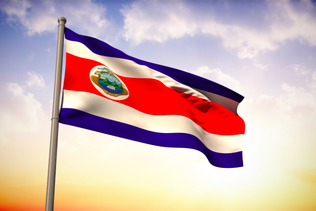
Costa Rica is considered one of the most ecologically conscious countries in the world, instituting a goal to be carbon neutral way back in 1997 – and coming close these days. In fact, Costa Rica is ranked no. 5 in the world on the Environmental Performance Index, the best country outside Europe. It’s probably also the no. 1 eco-tourism destination in the world.
2. It has the oldest constitution in Central America.
Costa Rica is the longest-standing democracy in Central America, thanks to their national constitution, drafted in 1949. The governing document affords many rights and protections to its citizens, allowing Costa Rica to enjoy stable and peaceful growth. Costa Rica consistently ranks the highest of any Latin Nation on the Human Development Index and United Nations Development Programme.
3. It's a country with no army.
With their progressive constitution in 1949, Costa Rica decided to ban any armed forces, making it one of only a handful of countries in the world without an army, still to this day.
4. A great education system.
By investing in education instead of funding an army, Costa Rica now boasts a 96% literacy rate, the highest in Latin America. Their commitment to education has allowed them to attract good skilled jobs and boost income for their citizens.
5. Unmatched natural beauty.
Costa Rica has not one but two gorgeous coastlines with more than 800 miles of shoreline and tropical beaches, on the Pacific and also the Caribbean side of the country.
6. The most diverse wildlife on the planet.
There are over 130 species of fish, 220 of reptiles, 1,000 butterflies, 9,000 plants, 20,000 species of spiders and 34,000 species of insects in Costa Rica, which represents 5% of the world’s biodiversity even though it is just about .03% of the earth’s total landmass. Costa Rica is also known for its sloths and turtles and they can be seen in protected habitats and beaches. But if you’re more of a monkey, lizard, or exotic bird lover, Costa Rica will be your favorite place! In fact, the country became the first place in the Americas to ban recreational hunting.
7. Adventure sports galore.
Zip lining, sky diving, jumping off waterfalls, repelling, exploring caves, horseback riding, 4x4 runs, jet skiing, and just about every other adventure sport you could imagine are all on the menu in Costa Rica.
8. Volcanoes!
The landmass of present day Costa Rica is the result of volcanic eruptions 75 million years ago – and still are active today. In fact, Costa Rica still has five listed active volcanoes and more than 200 volcanic formations. The most famous of these is Arenal Volcano an easy day trip from San Jose. It last erupted in 1968, but you can still enjoy the hot springs at its base.
9. Protected nature reserves.
Costa Rica is on the forefront of environmental conservation, long ago protecting about 25% of their country as national parks. Manuel Antonio National Park on the west coast is the most famous, but Tortuguero National Park and La Amistad International Park are amazing, too.
10. Top surfing.
Costa Rica is ranked as one of the three best surfing destinations in the world, home to year round warm water and unique microclimate that bring consistent offshore winds. Big competitions like the Billabong World Surfing Games are often hosted by Costa Rica, but even beginners can wax up their boards and catch some waves.
11. Their “Pura Vida” attitude
A common saying among locals is “Pura Vida” which means “pure life.” Everywhere you go in Costa Rica you will be welcomed with a smile by the locals, and they will truly make you feel at home in their country.
12. It’s so close to the U.S. and Canada.
One of the best things about Costa Rica is its close proximity to the United States and Canada. San Jose is only a 2-hour flight from Miami and 3 ½ hours from New York, and there are more nonstop and cheap, direct flights all the time.
13. The happiest country on earth.
The World Database of Happiness ranks Costa Rica as the #1 happiest nation on earth out of 148 countries. (The United States ranks no. 20, by the way.)
14. Gender equality.
According to the World Economic Forum, Costa Rica ranks higher than even the United States in the gender gap index. The female population is educated, enjoys advanced healthcare, voting, and employment equality. In fact, Costa Rica even had a female president recently.
15. Superb coffee and chocolate.
Thanks to their mountain terrain and tropical weather, Costa Rica is known as producing some of the best coffee and chocolate in the world. Those just happen to be two of our favorite things!
16. A world class healthcare system.
Costa Rica has a modern and highly rated healthcare system, even more highly ranked than the United States. Costa Rican citizens enjoy universal healthcare insurance and have a life expectancy of 77 years, one of the highest in the world.
17. Modern and improving Infrastructure.
Costa Rica has gone to great lengths to modernize and improve their infrastructure in the past decades, so there are efficient international airports, paved highways connecting the country, and modern amenities in the capital of San Jose as well as any popular touristy area.
18. Diving and marine life.
Costa Rica has some of the best diving, snorkeling, and accessible marine life in the world, such as such the Cocos Island National Park, also a World Heritage Site and the Gandoca-Manzanillo Wildlife Refugee. In fact, Costa Rica’s oceans are home to at least 6,777 species, which is 3.5% of the known species in the planet!
19. Bull fights…that are safe for the bulls.
Bullfights are a Costa Rican tradition, at every small village festival and the grand events in San Jose. But unlike the bullfights in Spain and other areas, the bulls are never harmed in Costa Rica…though they do dish out some serious damage to whoever is brave enough to jump in the ring with them.
20. Costa Rica welcomes expats.
People from all over the world choose to move down to Costa Rica and make it their new home. Retirees, surfers, young families, and those who just desire the simple, beachside life move there every year by the thousands – and Costa Ricans general welcome them with open arms.
***
Check out South of Normal, the Amazon best-selling cult classic book about an expat's bizarre, outrageous, and beautiful experience moving to Costa Rica.
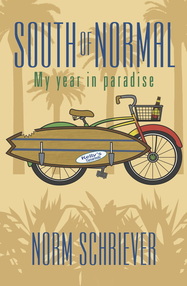
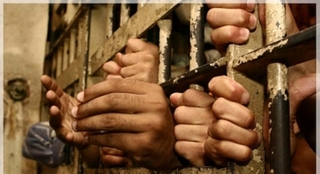
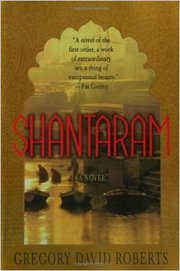
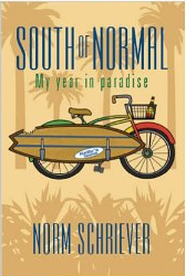

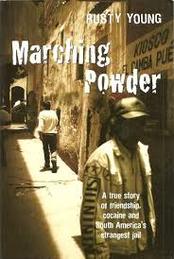


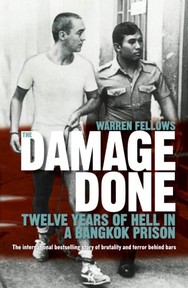
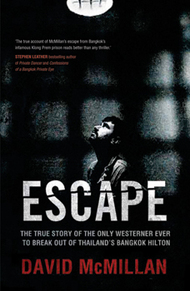
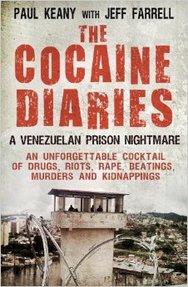

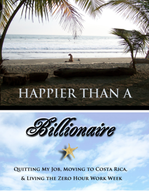
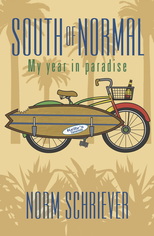
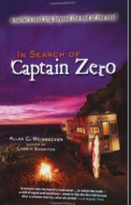
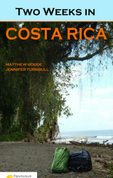
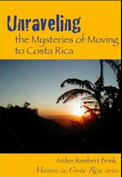
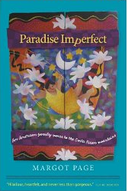
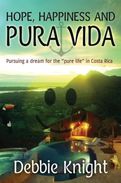
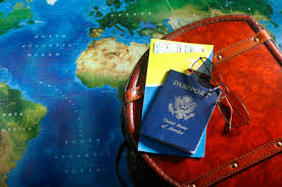
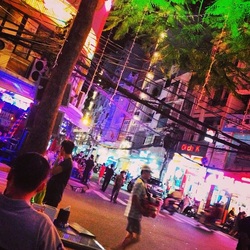
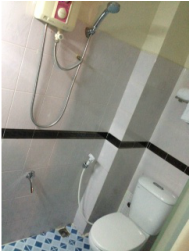
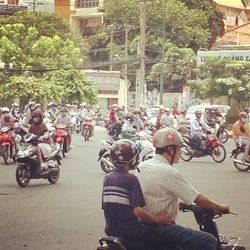
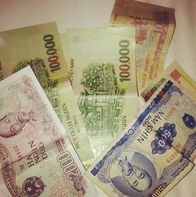
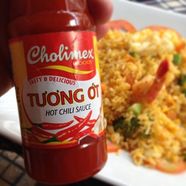





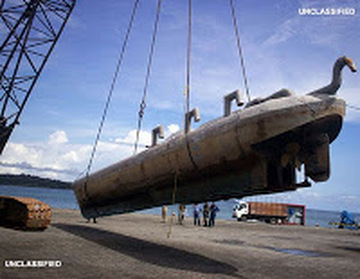
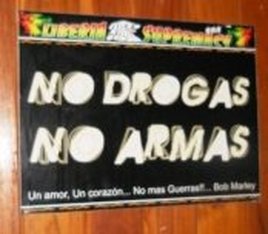
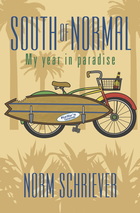

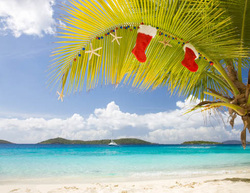
 RSS Feed
RSS Feed